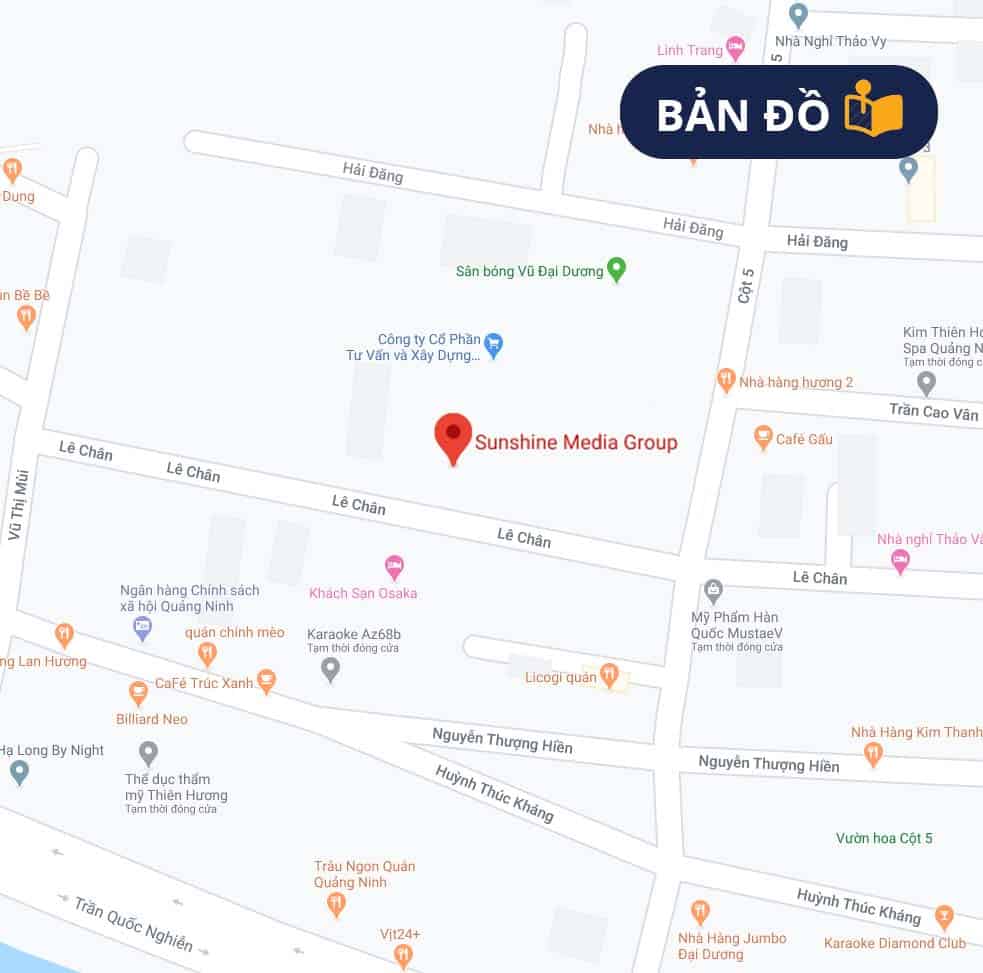For single people, the last 12 months happens to be a swirl of thoughts. There is loneliness; grief during the times we’d hoped to be on, the intercourse we’d hoped getting; guilt regarding the times we
did
go ahead and the gender we
did
have.
Now, as we nearby the heart of 2021, our mindset about coronavirus will be a lot different. (at the least in the United States, though it’s nonetheless raging various other countries,
instance Asia
.) The vaccine is actually accessible to grownups everywhere, and “The best Thaw,” when I call it, has actually started. Spring has arrived and summertime is actually quickly approaching. Internet dating app customers are happy to put their unique vaccine position in their bios. People, such as my self, are online dating in-person again and generally are elated is doing this.
Nonetheless, there is a hum of anxiety around matchmaking that is impractical to dismiss. Its so palpable that Hinge coined the phrase
“FODA,” or Concern With Dating Again
. While the pandemic has become a lot more terrible for many compared to other people, we’ve all been through an uniquely tough time â therefore we’ve all probably been permanently altered by it.
It’s a good idea, after that, for here to a pervasive level of
re-entry stress and anxiety
(Opens in a loss)
. We spent per year isolating, hanging inside limbo of anxiety, constantly asking concerns like “When will we manage to reach other people once more?” And even now we moving forth in to the unidentified, into “post-pandemic” existence and toward “the fresh normal.”
What will that look like for dating?
To simply help answer that question, Mashable conducted a nationwide consultant online survey of 1,081 grownups (18 and earlier) in April. Participants answered questions about their own online dating life prior to and through the pandemic, their unique strategies for future years, their own COVID vaccine choices, and. We also gave all of them the opportunity to label the largest method the pandemic has actually influenced matchmaking for them. We’re going to undergo these outcomes chronologically.
Dating before coronavirus
Before the pandemic hit,
most heterosexual partners came across using the internet
(Opens in a new tab)
in lieu of through relatives and buddies: 39 per cent according to a 2017 Stanford University and college of Mexico learn, up from 22 percent in ’09. For all factors (geography and threshold being two), the online world has-been the principal way for same-sex partners in order to satisfy since 2000.
Within study effects, but family edged somewhat before social media and online dating software as the means for fulfilling new-people ahead of COVID: 52.7 percent for friends/family, 50.9 % for social networking, and 41.5 percent for internet dating applications.
A lot more so than on dating applications, survey participants stated they came across folks at social sites or activities â like taverns, restaurants, concerts â prior to the pandemic (48.2 percent instead of 41.5).
These in-person connections had been the first to pass the wayside as COVID struck, and daters must choose if they would date on line or not date whatsoever. A number of respondents indicated your pandemic pushed them to begin online dating, eg one girl between 25 and 34 which penned, “We have no curiosity about online dating sites but it is the sole alternative now.”
“[COVID] made me need to go online,” another woman in the same age group said. “Before the pandemic i mightnot have joined a dating application.”
exactly how men and women discovered times before covid
Credit: bob al-greene / mashable
From swearing off matchmaking to reading as a result
As COVID swept inside U . S ., our very own way of living turn off practically instantaneously. Nightlife disappeared, bars and restaurants had been paid down to just take out-only or even shut entirely. We were discouraged from leaving our very own homes totally thereby matchmaking, unsurprisingly, involved an abrupt halt.
Through the first six months of the pandemic (March through August 2020, as identified for the review), the largest many participants, 37 percent, swore down online dating and/or erased their own online dating users. That makes sense given that just some above half participants (51 per cent) made use of dating apps at all during this period.
In terms of the entire pandemic, across the same range participants â 36.4 % â said they don’t carry on any dates, in-person or virtual. Folks offered a variety of grounds for not attempting to get on apps, eg disliking the restrictions of internet dating under COVID or attempting to consider oneself.
“For now [the pandemic] made myself chill out throughout the dating applications,” stated a male respondent between 25 and 35 years of age. “I really don’t desire COVID and I think odd taking place a night out together with a mask on.”
Another male respondent in the same a long time mentioned he’s been investing this time self-reflecting, that he feels may help their dating existence later. “i have already been concentrating on me more,” he stated, “and also have come to be an even more eligible internet dating candidate.”
Of those who chose to keep online dating, 27 per cent switched to online dating virtually only, while 22 per cent kept online dating in-person merely. Fourteen percent had a mixture of both.
“For nowadays [the pandemic] makes me chill out throughout the matchmaking applications.”
For which online dating programs people who wanted to satisfy new-people turned to throughout the pandemic, Tinder controlled among our very own survey’s respondents, especially for the younger group. Fifty-seven percent of general consumers said they used Tinder during pandemic, which include 73 percent of participants 18-24 and 62 per cent of respondents 25-34.
Fb Dating was the amount two software overall (39.2 per cent of overall participants), also it was widely known app for respondents 35 or more.
One constant both before and throughout the pandemic ended up being participants’ emotions towards online dating. Ahead of the pandemic, more individuals (47.8 %) happened to be somewhat very likely to contact their particular dating knowledge enlightening or a reading knowledge than other descriptors listed like stressful, unfulfilling, fun, embarrassing, and deceitful/misleading.
That remained the situation for online dating during pandemic: more (44.6 percent) were somewhat more likely to call online dating enlightening/a understanding knowledge as compared to additional descriptors.
“the largest thing the pandemic changed my personal approach to dating would it be made me understand i must become more discerning and get my time,” wrote a male respondent between 35 and 44.
A woman between 55 and 64 said that the pandemic slowed up the woman swiping and thus she have got to learn more folks. “i have taken more time with users,” she blogged, “as well as talking as opposed to conference straight away and writing off someone.”
The
total stress regarding the pandemic
, however, cannot be overstated adequate â plus it seeped into dating nicely. Significantly more than 35 % of these interviewed were somewhat more likely to contact online dating itself tense, while 38 happened to be rather prone to call-it uncomfortable during pandemic.
“My personal social skills have gotten more serious,” admitted a lady respondent between 18 and 24 years old.
“I not possess self-esteem it will require to correctly date,” stated a person between 45 and 54. He thinks this was due to pandemic separation.
Seeking the future of dating
Since the we seem to have transformed a corner and may again safely fulfill face-to-face, it can appear to be respondents tend to be largely positive about online dating. Though they truly are additionally nervous, and is to be expected. Nearly one half (48.3 per cent) of respondents said they’re upbeat about online dating next 6 months. Excited, stressed, and anxious sparred for 2nd spot, with excitement just edging out at 38.9 %. The second two, 38.5 % conveyed they think nervous, and 38.2 % said they felt the twin, anxiety.
This good perspective equals how folks plan on matchmaking next half a year. The majority of respondents, 34.8 %, thinking about dating in-person only, while 31.3 are going to have a mixture of on the internet and in-person dates.
Unlike all over 37 % of participants whom swore off dating and software last year, only 17.2 per cent of individuals nevertheless intend on performing this from today before the fall. Lastly, 16.7 percent decide to only date practically.
breathless Hot granny summer time?
Whilst the narrative of a
“naughty summertime”
(Opens in a brand new case)
is over social networking, the fact might look only a little different. Many participants, 40.7 per cent, mentioned they’re trying to find a critical relationship post-COVID. Teenagers years 18 through 45 are searching for a serious commitment many, while those over 45 need one thing even more everyday.
To split it straight down, the vast majority of when you look at the 18-24 (37 percent), 25-34 (45 per cent), and 35-44 (47) teams are looking to subside. While there’s probably some facet of young people planning to marry and begin a family group no real matter what’s happening in the world, this truly goes resistant to the “hot vaxxed summertime” assumption that everybody is actually picturing will unfold. If something, it will be a hot auntie/granny summertime.
“I’m way more open to [dating] and I am a lot more committed,” mentioned a woman for the 18-24 age groups.
These effects match as to the both Hinge and OkCupid found in current surveys regarding consumers. More than half of Hinge consumers (53 percent) stated they have been finding a long-lasting union going into 2021, per a press release. A lot more OkCupid people (84 per cent) want a similarly major union, per the
OkCupid Dating Data Center
(Opens in a new case)
. Of these individuals, 27 per cent changed their own brains due to this past year’s encounters and from now on want something really serious, which they failed to desire before the pandemic.
We probably won’t know the correct degree of the way the pandemic affected matchmaking and relationships â and all of our emotions about the two â until we’re much more from it. What we should do know for sure, but usually coronavirus disrupted every thing we knew about meeting and hooking up with one another.
Though many of us are vaccinated at this time, we can’t just go straight back to pre-pandemic relationship â provided that which we’ve experienced, which may be impossible. We currently observe it is influencing individuals ways of internet dating (such as for example keeping virtual dating) and goals (wishing a long-term relationship).
We additionally know men and women are both anxious and excited about online dating again. These are normal human emotions it doesn’t matter all of our circumstances, but it is especially clear that both tend to be entangled after a worldwide situation. We could embrace every one of these feelings even as we introduce our selves into post-pandemic dating; we may even find it enlightening.






